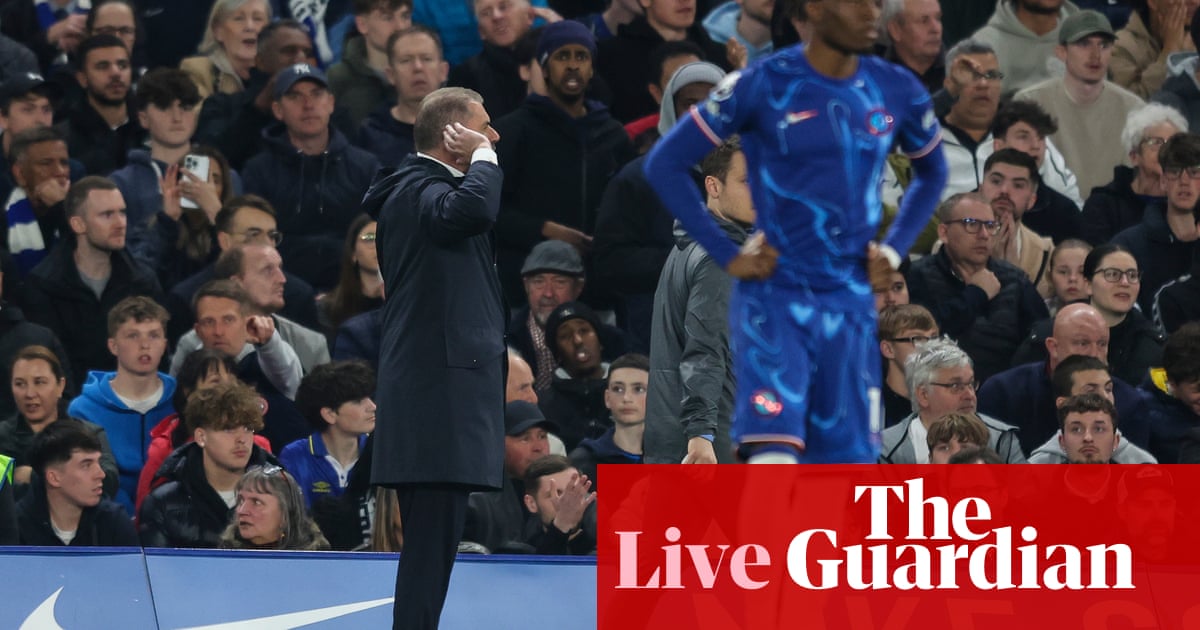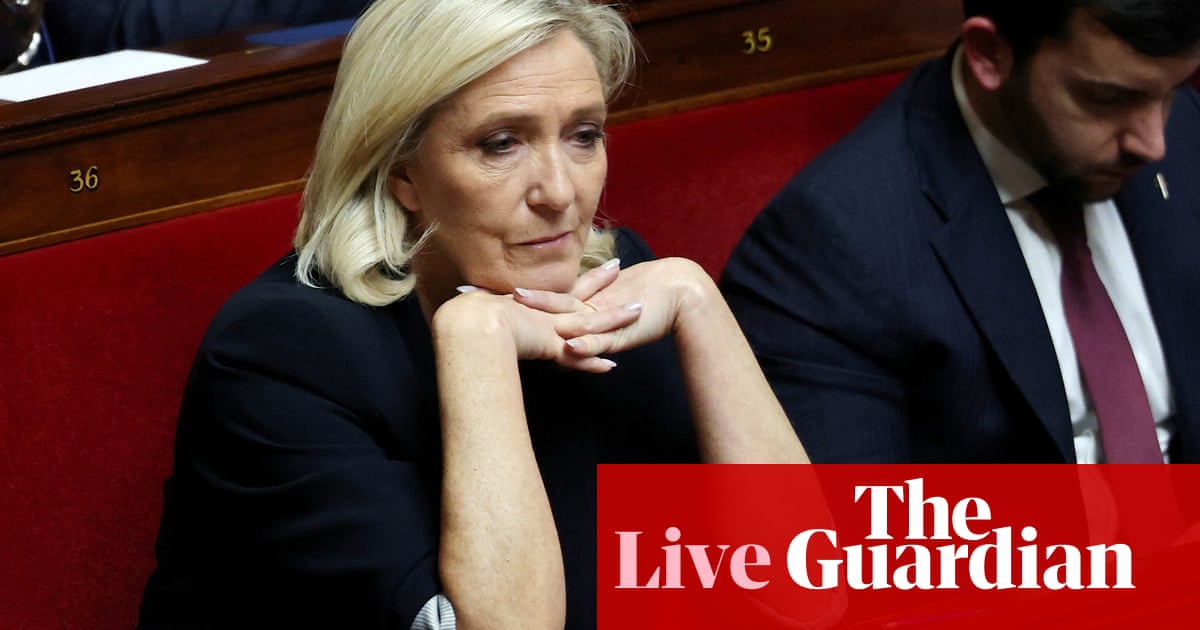An alleged Chinese spy who forged a close relationship with Prince Andrew is just “the tip of the iceberg” of Beijing’s attempts to infiltrate the UK, a leading China-sceptic MP has said.
Iain Duncan Smith, a former Conservative leader, who is seeking an urgent Commons question on Monday to quiz ministers about the issue, said Keir Starmer’s efforts to create better links with Beijing had involved the UK “showing a massive amount of weakness to China”.
If Smith’s question is granted by the speaker, Lindsay Hoyle, there is speculation that other MPs, potentially from Reform UK, might name the alleged spy, who under a UK court order can be referred to publicly only as H6.
Asked if the fact the man had been identified by security services and banned from the UK meant the threat in this case had been dealt with, Smith rejected this argument.
“We’re dealing with the tip of the iceberg,” he said, saying that Beijing’s so-called United Front Work Department, tasked with establishing ties with influential people in other countries, had about 40,000 operatives globally.
“The fact is, there are many more like him in the UK. There are many more doing the job that he’s been doing, and the fact he was leaving the UK tells you that he realised at some point he was going to get caught.
“The reality is that there are many, many more involved in exactly this kind of espionage that’s taking place now. The reality for us is very simple. China is a very clear threat.”
Ministers are coming under pressure to set a timeline to revive the foreign influence registration scheme (FIRS), which had been delayed until next year, and to put China on the enhanced category for threats.
Smith denied that the last government had made insufficient preparations for the scheme, hence the delay, saying: “Nobody with half a brain will believe a word of that. The reality is it’s an excuse not to upset China.”
As part of the partial reset of relations with Beijing, Starmer met China’s president, Xi Jinping, at the G20 summit in Rio, the first meeting between the UK and China’s leaders in six years. Rachel Reeves, the chancellor, is expected to visit Beijing soon.
Smith said ministers had “turned a blind eye” to the use of slave labour in Chinese-made solar infrastructure being bought by the UK, saying of the government: “They are actually showing a massive amount of weakness to China, and they’re way away from where Europe and the United States are.”
There is also unease about the government’s approach to China among some on the Labour benches and among trade unions. Five new Labour MPs have joined the China-sceptic group – the Inter-Parliamentary Alliance on China (IPAC).
Jim McMahon, the local government minister, said the decision about naming the alleged spy was “a matter for the courts” and that MPs should be wary of pre-empting this.
“We have a privilege in parliament, which is that we do have parliamentary privilege, and that should be exercised with caution, and the overriding public interest has to be maintained, of course,” he told Times Radio.
He added: “From a personal point of view, it’s not something that I’d be queueing up to do today in the context of the person being known to the authorities and the matter being dealt with.”

.png) 3 months ago
32
3 months ago
32













































